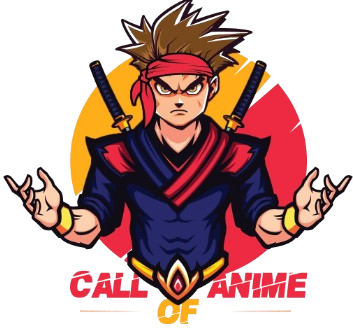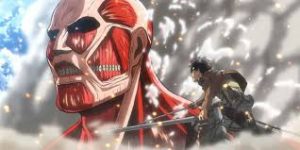Attack on Titan: The Art of War and Humanity’s Struggles
In a world overrun by towering, man-eating Titans, humanity teeters on the brink of extinction. Attack on Titan (Shingeki no Kyojin), created by Hajime Isayama, is not merely an anime about survival; it is a profound exploration of war, human resilience, and the moral dilemmas faced by societies in crisis. By blending high-stakes battles with deep philosophical inquiries, the series captures the essence of humanity’s struggles against insurmountable odds.
The Art of War in Attack on Titan
War is a central theme in Attack on Titan, portrayed with brutal realism. The series delves into the mechanics, strategies, and psychological toll of combat, offering a unique perspective on warfare in a fictional dystopia.
- Military Hierarchies and Strategies
The military structure within the series is meticulously crafted, divided into the Survey Corps, Garrison Regiment, and Military Police. Each branch reflects a different aspect of warfare—exploration, defense, and governance—mirroring real-world military systems. The Survey Corps, often at the forefront of battle, employs complex tactics such as flanking maneuvers and ambushes, showcasing the importance of strategy even against overwhelming foes. - Technological Innovation
The Omni-Directional Mobility Gear (ODM Gear) is a brilliant invention that enables soldiers to combat Titans. This device symbolizes humanity’s ingenuity and underscores the idea that innovation is vital for survival in warfare. - Psychological Warfare
Beyond physical battles, Attack on Titan delves into psychological conflicts. The constant threat of death, loss of comrades, and betrayals take a heavy toll on the characters, highlighting the mental anguish of soldiers in wartime.
Humanity’s Struggles: A Mirror to Our World
The series is a metaphorical representation of humanity’s real-world struggles—against oppression, fear, and the unknown.
- Survival and Sacrifice
Humanity’s fight against Titans is a relentless pursuit of survival, often requiring extreme sacrifices. Characters like Eren Yeager, Mikasa Ackerman, and Armin Arlert are faced with choices that question their humanity. This theme resonates with real-world situations where survival demands unimaginable costs. - Moral Ambiguity
Attack on Titan thrives on moral grayness. The distinction between good and evil blurs as the story unfolds, particularly with the revelation of the Titans’ origins. This ambiguity forces viewers to confront uncomfortable truths about war, propaganda, and the cyclical nature of violence. - Themes of Freedom and Oppression
The series explores the concept of freedom—what it means and what it costs. The walls that protect humanity from Titans also symbolize self-imposed limitations, while the conflicts between Marley and Eldia highlight themes of systemic oppression and the fight for liberation.
Philosophical Underpinnings
- Existentialism
Attack on Titan grapples with existential questions: What is the purpose of humanity? How should individuals act in a world defined by chaos and destruction? These inquiries add depth to the narrative, transforming it from an action-packed saga into a profound philosophical journey. - The Cycle of Hatred
The series examines the cycle of hatred that perpetuates violence, showing how grudges and vengeance fuel endless conflict. This reflection is painfully relevant in understanding the roots of many modern global conflicts.
Art and Animation: Depicting Struggles Visually
The animation in Attack on Titan captures the raw intensity of battles and the emotional weight of human struggles. The dark color palette, fluid motion during ODM Gear sequences, and detailed expressions of fear and determination create an immersive experience that brings the themes to life.
Conclusion
Attack on Titan is more than just an anime; it is a compelling narrative about the resilience of the human spirit, the cost of war, and the philosophical dilemmas inherent in the fight for survival. Through its complex characters, morally ambiguous storylines, and striking visuals, the series challenges viewers to reflect on humanity’s own battles—both external and internal.
As the final chapters unfold, Attack on Titan will undoubtedly leave an indelible mark, not just as a masterpiece of storytelling, but as a poignant examination of what it means to be human in the face of adversity.

